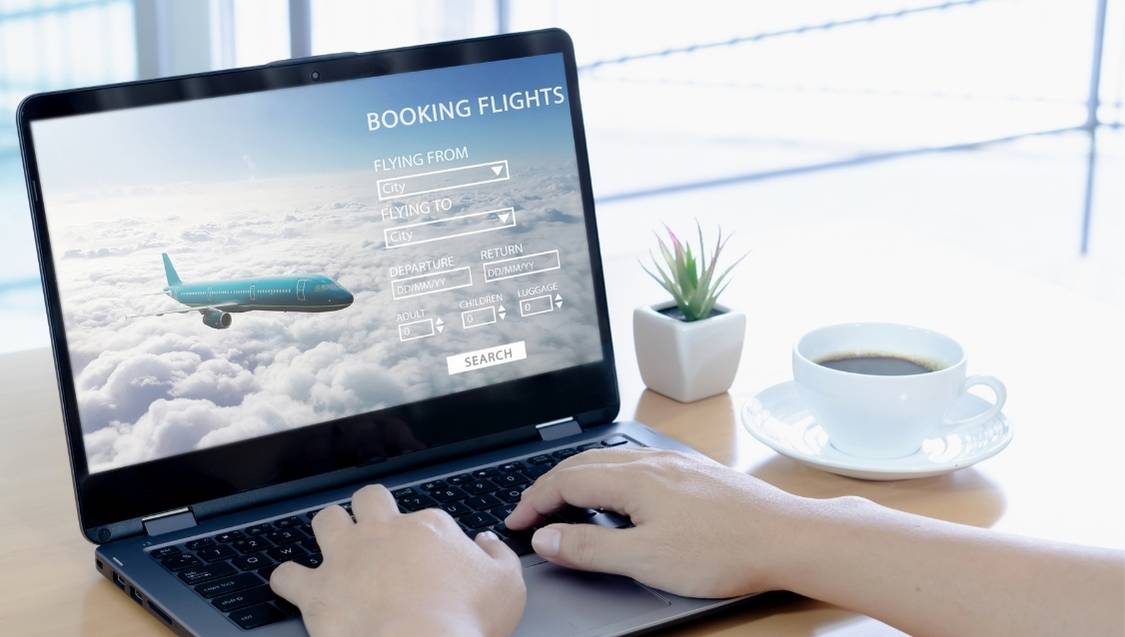In today’s interconnected economy, global mobility has become a strategic business asset — not just a logistical necessity. As organizations expand across borders, managing business travel efficiently is critical to maintaining productivity, compliance, and employee satisfaction.
Smart travel management goes far beyond booking flights and hotels. It integrates technology, policy, and data intelligence to streamline mobility, reduce costs, and empower a more agile global workforce.
Here are seven proven strategies to help businesses optimize travel operations and achieve measurable efficiency gains.
1. Implement Centralized Digital Travel Platforms
Fragmented travel processes often lead to inefficiency, overspending, and lack of visibility. A centralized digital travel management system (TMS) solves these challenges by consolidating bookings, expenses, and reporting in one place.
This allows HR, finance, and operations teams to collaborate seamlessly, while giving employees a unified interface for managing travel plans with ease.
Pro Tip: Choose a TMS that integrates with your existing HR and finance systems to enhance automation and reduce administrative workload.
2. Use Data Analytics to Drive Smarter Decisions
Data-driven insights are the foundation of smart travel. By analyzing travel data, companies can uncover trends, track spending patterns, and identify cost-saving opportunities.
Predictive analytics also help forecast future travel demands, optimize vendor contracts, and manage budgets more effectively. In essence, data turns mobility into a measurable, strategic advantage.
3. Prioritize Traveler Experience and Wellbeing
Efficiency isn’t just about numbers — it’s about people. A fatigued or frustrated traveler can impact performance and morale. Smart travel management emphasizes wellbeing through convenience, safety, and comfort.
Allow flexible booking, personalized travel options, and support for wellness initiatives like rest periods and ergonomic travel policies. Happier travelers are more productive and loyal.
4. Ensure Policy Compliance Through Automation
Manual compliance management is inefficient and error-prone. Automated travel policies embedded into booking platforms ensure every transaction aligns with company standards — from budget limits to preferred vendors.
Automation reduces approval times, enforces consistency, and minimizes risk — especially when operating across multiple jurisdictions.

5. Integrate Sustainable Travel Practices
Sustainability is no longer optional in corporate travel. Organizations must measure and reduce their carbon footprint while maintaining operational agility.
Smart travel management platforms enable CO₂ tracking, greener route selection, and preference for eco-certified partners. This not only reduces environmental impact but also enhances a company’s ESG credibility.
6. Leverage Mobile Technology for Real-Time Adaptability
A truly global workforce is always on the move — and so should be its travel management tools. Mobile-first solutions empower travelers to manage itineraries, submit expenses, and receive alerts in real time.
From last-minute flight changes to instant support, mobility equals adaptability — a key factor in maintaining efficiency in unpredictable markets.
7. Foster Cross-Department Collaboration
Effective travel management is a collaborative effort. Encourage alignment between HR, finance, operations, and sustainability teams to create cohesive policies and shared accountability.
Regular feedback loops and performance reviews ensure continuous improvement — turning travel management from an operational task into a strategic growth enabler.
Building the Workforce of the Future
In a digital-first business world, smart travel management isn’t just about logistics — it’s about empowering a borderless workforce. By combining data intelligence, automation, and human-centered policies, organizations can achieve both efficiency and employee satisfaction.
The result? A truly global, agile, and resilient enterprise ready to thrive in the future of work.



